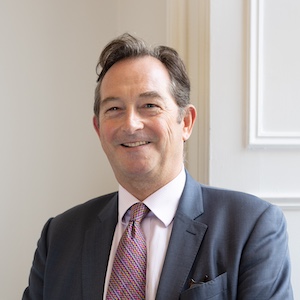
Nicholas Hopton
Director General
Biography
Nicholas Hopton served as the British Ambassador to Libya (2019-21), Iran (2015-18), Qatar (2013-15), and Yemen (2012-13). He also served in Paris, Rome and Morocco/Mauritania. At home, he worked in the Foreign Office, Cabinet Office and No. 10, including as a Private Secretary to UK Government Ministers. Throughout his 35 year diplomatic career, Nicholas Hopton focused on advancing UK interests and building partnerships, including in some of the world’s most challenging environments. He brought his leadership and diplomatic expertise to bear in addressing international challenges and promoting global security, stability and prosperity.
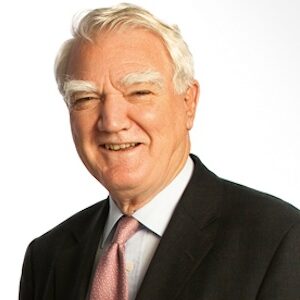
Sir Mark Moody-Stuart
Honorary President
Biography
Sir Mark Moody-Stuart KCMG is a highly esteemed leader in the global energy sector, currently serving as President of the Foundation for the Global Compact. With a distinguished career, Sir Mark has held pivotal roles including Chairman of Royal Dutch Shell and non-executive Chairman of Anglo American PLC. His extensive experience also includes directorships at HSBC Holdings, Accenture, and Saudi Aramco, as well as past involvement with the Global Reporting Initiative (GRI). Sir Mark’s leadership has been instrumental in advancing corporate sustainability and ethical practices in the energy industry. Knighted in 2000, he continues to shape global discussions on responsible business and sustainability.
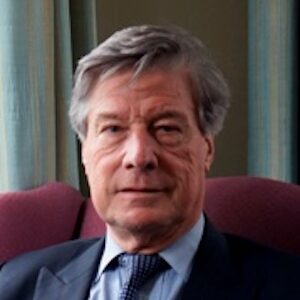
Peter Meyer
Honorary Chairman
Biography
Coming Shortly
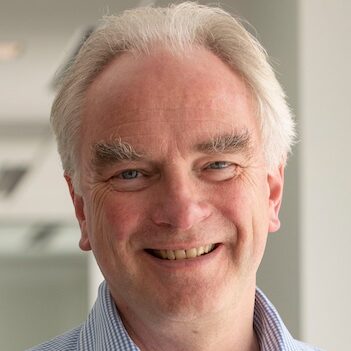
Justin Mundy
Director for Strategy
Biography
Justin Mundy is the Director for Strategy for the MEA. Among other roles he is the Chairman of SLM Partners, Chairman of the Sustainability-linked Sovereign Debt Hub, Chairman of TRAFFIC International and Chairman of the Earthna Centre. He is also the Special Envoy of the Secretary General of the Commonwealth Secretariat and from 2007-2018, he was the Director of the then HRH The Prince of Wales’s International Sustainability Unit. Prior to that, he worked as an Adviser to the UK Government and the European Commission, having previously managed the World Bank’s forestry and biodiversity programmes in Russia and Central Asia.
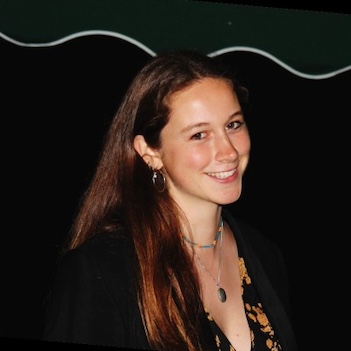
Sophia Hopton Echenique
Marketing and Events Manager
Biography
Sophia Hopton has been the Business and Events Manager at the Middle East Association since April 2024. She has a strong background in international property, having completed an MSc in Real Estate from the University of Reading after having studied an MA (Hons) in Politics from the University of Edinburgh. Before joining the Middle East Association, Sophia was based in South America, where she served as the Regional Manager for Latin America at API Global. In this role, she consulted across the Americas to facilitate investments in UK residential property. Sophia’s experience is further enriched by her time living and working in the Middle East, including an internship at the United Nations Information Center in Iran in 2017. Additionally, she has organised business promotion events in various countries, including Chile, Panama, Mexico, and Iran.
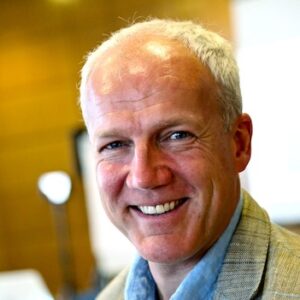
Justin Marozzi
Advisor
Biography
Justin Marozzi is a writer, journalist, historian and communications advisor who has spent most of his professional life working in and writing about the Islamic world. He is the author of nine books, including Islamic Empires: Fifteen Cities That Define a Civilization and Baghdad: City of Peace, City of Blood, winner of the Royal Society of Literature’s Ondaatje Prize. Justin advises governments on communications at head of state and ministerial level on behalf of the UK government. He is a Fellow and former Councillor of the Royal Geographical Society and a Fellow of the Royal Society of Literature.

Dr. Claire Spencer
Advisor
Biography
Dr. Claire Spencer is an independent consultant and Senior Visiting Research Fellow at the Policy Institute, King’s College London, most recently engaged in advising the British Council. She was previously Senior Research Fellow and Head of the Middle East and North Africa (MENA) Programme at the Royal Institute of International Affairs (Chatham House), London, advising policymakers and the private sector on security, economic and political developments in the MENA region for over thirty years. Claire has published and spoken extensively on the geopolitics of the region, and has a growing interest in the role of culture and new technologies in reshaping UK-MENA relations
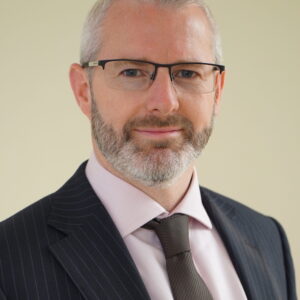
Adam Hosier
Advisor
Biography
Adam Hosier is an engineer by background but has spent the last 2 decades focused on trade in the Middle East. He co-founded AEI Saudi in 2012, a business dedicated to bringing the UK and KSA closer together through trade. Since then he has supported over 2,500 companies predominantly from the UK but also the EU and US with their journeys to enter, succeed and thrive in Saudi Arabia. Adam has a broad professional background, however, his core expertise is Middle East business winning, gained from his time as Regional Director for a leading multinational as well as leading the Business Development teams at multiple Saudi companies.

Rob Sherwin
Advisor
Biography
Rob Sherwin has spent over half his business career in the Middle East and lived in Dubai, Abu Dhabi and Doha. In the early 2000s he was involved in securing new investments for Shell in Iran, Qatar, Kuwait and Libya. As the UK Government’s Middle East Energy Adviser (2006-2008) he travelled widely in the region engaging with Ministers and both state-owned and multinational corporations. He then built a successful MENA consulting firm based in Abu Dhabi (2008-2012), before rejoining Shell in corporate affairs executive roles in Qatar, The Hague and London. Most recently, he was regional VP for Europe and Africa (2021-2024).
